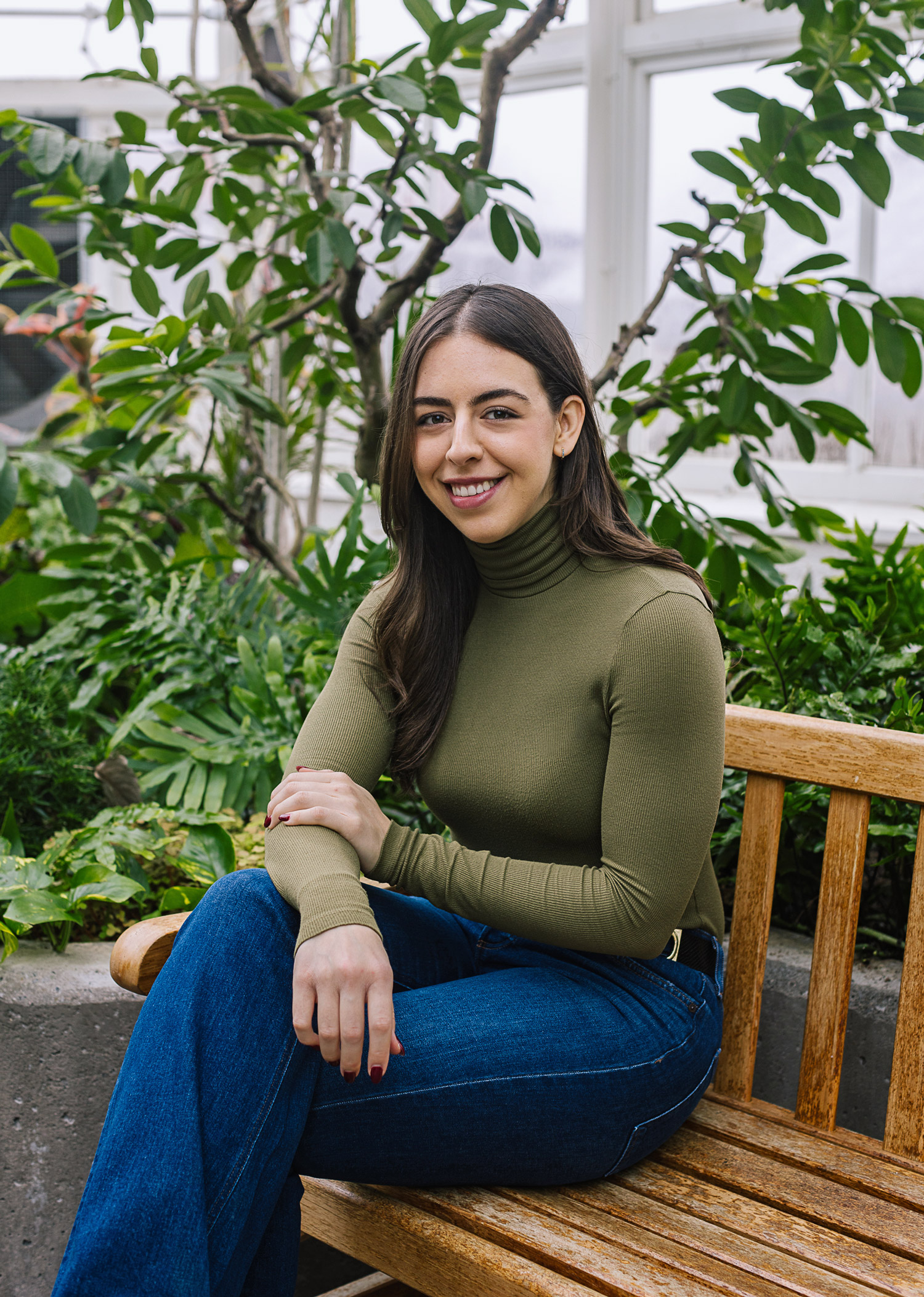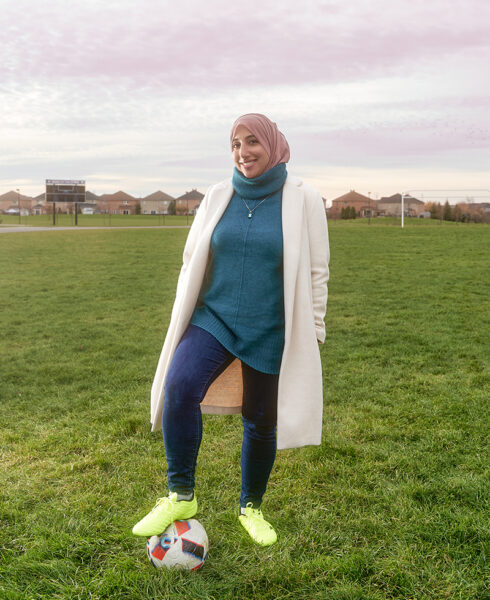Before Naime Isaj decided to go to law school, she did her research to find out what exactly it means to be a lawyer.
She started thinking about pursuing law while completing her undergraduate degree in political science and master’s in applied politics, but she wasn’t sure it was the path for her.
“I had some hesitation, being a first-generation university student,” Isaj says. “I think what made it daunting in my head was the lack of information that I had [about law school].”
She began networking with lawyers, first attending an Albanian Canadian Lawyers Association panel and then volunteering at a law firm, where she sat in on client meetings and attended pre-trial conferences at the courthouse.
Isaj was pleasantly surprised to find that lawyers she reached out to were very willing to talk about their jobs, either over Zoom or coffee.
“A lot of it was just understanding what the profession looks like,” Isaj says. “That quelled a lot of my fears of whether this is the right path for me or not, because everyone was so open with their experiences and advice.”
Isaj graduated in June 2023 from TMU’s Lincoln Alexander School of Law—part of the first graduating class—and began articling at Stikeman Elliott in Ottawa. Isaj received a Spring Forward Award, funded by the Cannonbury Foundation, to recognize law students who have demonstrated perseverance and growth over the course of their degree.
She liked the school’s practical co-teaching model, which has professors leading lectures on legal doctrine and theory, paired with tutorials taught by legal practitioners.
Another component of the program that drew her to TMU was the focus on technology and innovation, including ways to make legal services more accessible and connecting students to founders of legal startups.
An interest in Indigenous law
In Isaj’s first-year tort class, Professor Scott Franks sparked her interest in Indigenous law.
“He brought a lot of Indigenous perspectives to the study of tort law,” she says. “It quickly became an area of law I wanted to pursue as a professional experience at some point during my legal education.”
Isaj then completed a work term at OKT, a Toronto-based law firm committed to working for Indigenous communities, as well as a summer internship through the Debwewin Summer Law Program, where she developed legal education resources and hosted presentations about tenant rights and police accountability.
At Stikeman Elliott, Isaj is working in intellectual property, privacy and competition law. In the summer of 2024, she’ll be called to the bar. Until then, she hopes to gain as much experience as she can and continue to improve her advocacy skills.
After all, the reason Isaj decided to go to law school was to do work that had a greater impact—a decision informed by two years of working in corporate client relations after she completed her master’s degree.
“That opened my eyes to potentially pursuing law, because I felt that there may be more opportunities to engage in meaningful work.”
Related stories






